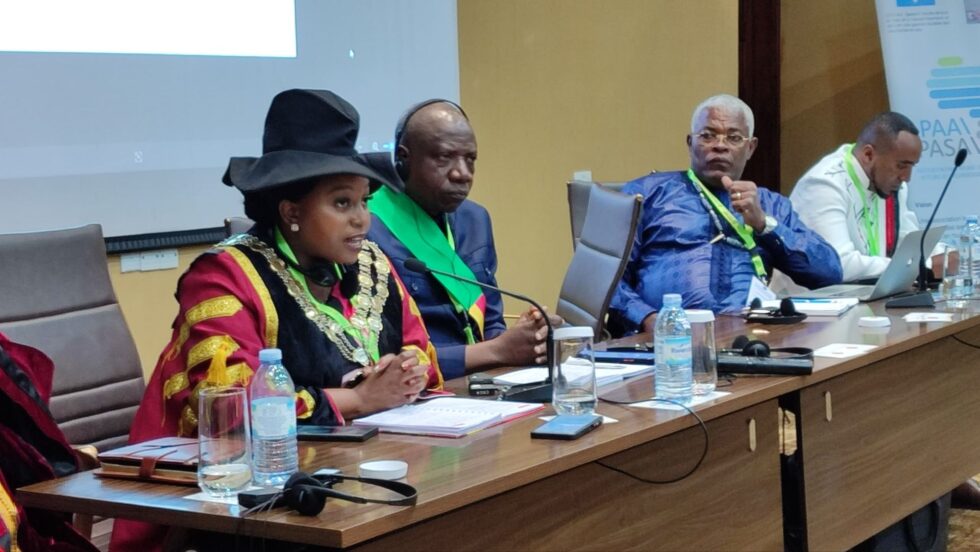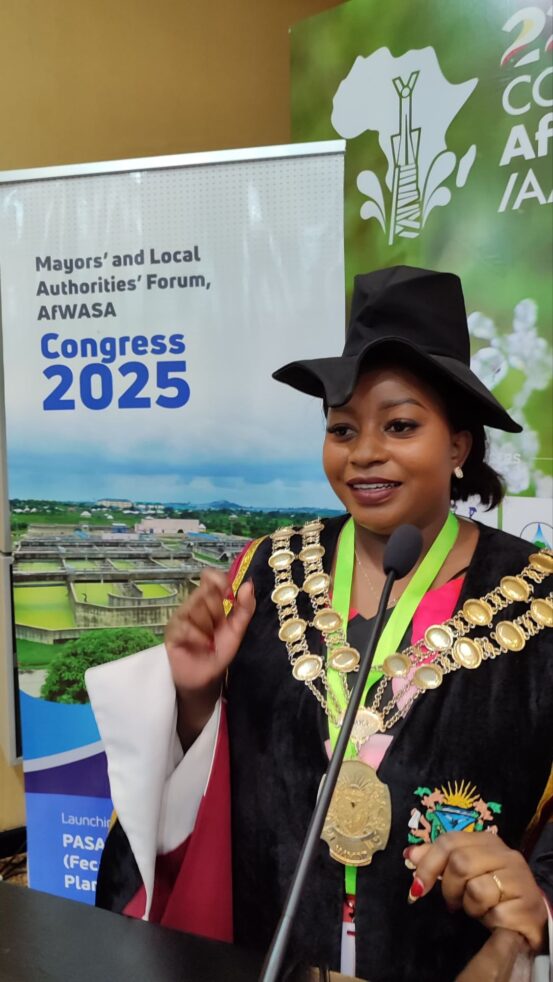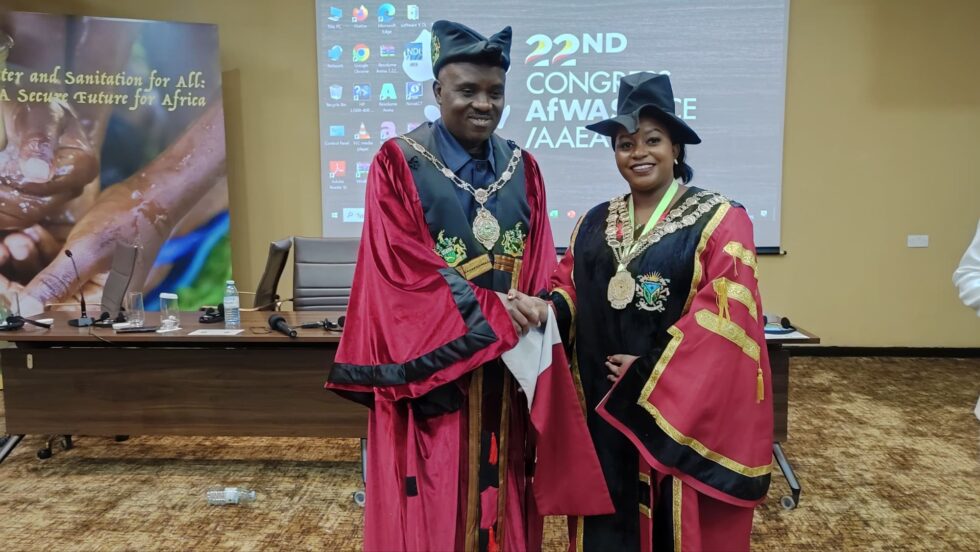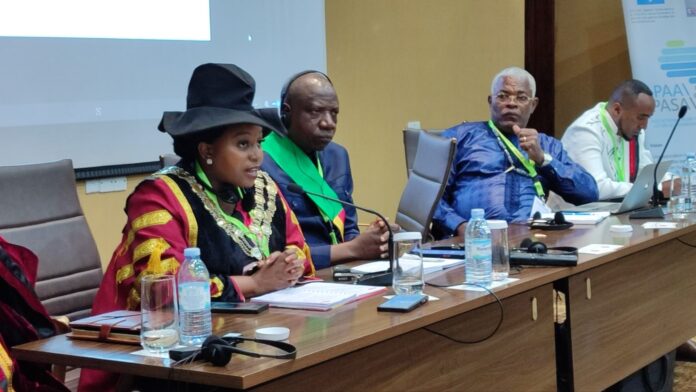By Linda Kwanjana
Mayor of Lilongwe City, Councillor Esther Sagawa, took the stage at the meeting in Kampala, Uganda to
The ongoing African Water and Sanitation Association (AFWASA) International 22nd Congress is sharing experiences and efforts in improving access to water and sanitation in African cities and beyond.
With a growing population of over 1.2 million people, Lilongwe City faces significant challenges in providing adequate sanitation services to its residents.

“We are committed to improving the lives of our citizens, and sanitation is a critical aspect of this,” Mayor Sagawa said. “Currently, only 5% of our population is served by gravity-fed piped sewerage systems, leaving a significant portion of our residents without access to proper sanitation facilities.”
The Mayor highlighted the city’s rapid growth rate of 4.3% per year, which has put a strain on the existing infrastructure.
“Our population density has increased from 1660 people per square meter in 2008 to 2,453 people per square meter in 2018, making it essential for us to invest in upgrading our sanitation systems,” she explained.
To address these challenges, the Lilongwe City Council has developed a comprehensive plan to improve sanitation services. The plan includes investing in new infrastructure, such as piped sewerage systems and waste treatment plants, as well as promoting alternative sanitation solutions, such as decentralized wastewater treatment systems and community-led total sanitation (CLTS) initiatives.
“We are also working to strengthen our regulatory framework and enforcement mechanisms to ensure that all residents have access to safe and hygienic sanitation facilities.
This includes partnering with private sector operators to provide sanitation services to low-income households and promoting public-private partnerships to finance sanitation infrastructure development.”
The Mayor emphasized the importance of community engagement and participation in the sanitation planning process.
“We recognize that sanitation is not just a technical issue, but also a social and cultural one,” she said adding that the City was working to raise awareness and promote behavioral change among our residents, particularly in peri-urban and unplanned settlements, where sanitation challenges are most acute.
The Lilongwe City Council’s plans for sanitation improvement are ambitious, but the Mayor is confident that with the support of stakeholders, including the government, private sector, and civil society, the city can make significant progress in addressing its sanitation challenges.
“We are committed to making Lilongwe City a model for urban sanitation in the region,” Mayor Sagawa concluded. “We believe that with the right investments, partnerships, and community engagement, we can provide safe and hygienic sanitation facilities to all our residents, regardless of their income or social status.”





